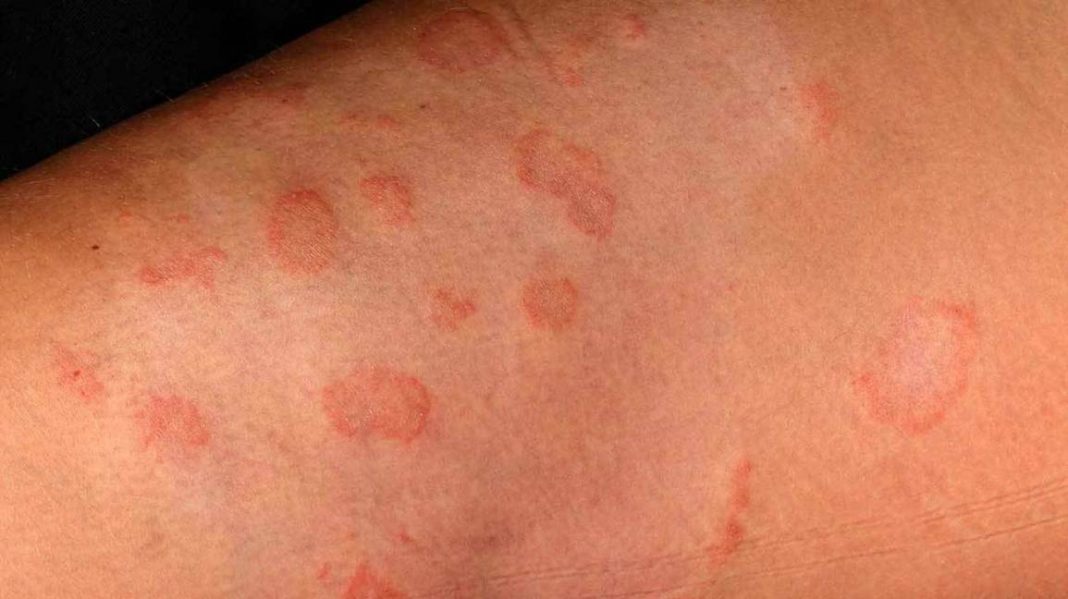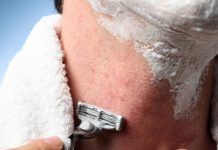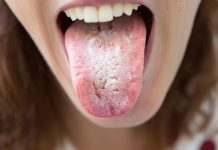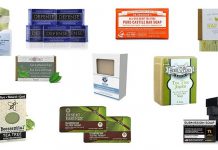How to Use Oregano Oil for Eczema
If you suffer from eczema, then there is a good chance that you have searched for a cure to the symptoms that come along with it. You may have even heard that oregano oil has been used to help prevent the symptoms of eczema from occurring. But is oregano oil really going to be an effective treatment when it does come to your eczema? But before you are able to really understand the effects that oregano oil has on eczema, you must first understand what eczema really is and how it can affect you. With that being said, here is everything that you need to know about eczema.
Eczema, What is it?
Eczema is considered to be a chronic skin disorder that can give you very dry, inflamed skin that is potentially going to be very red and very itchy. While it is normally going to be pretty mild, it can sometimes end up affecting your entire body if left untreated. In some of the more extreme cases, your skin is even able to break open, which will then be accompanied by some severe itching and even pain. To help paint the picture of what you can expect to encounter if you do have eczema, think of the skin rash that you will get if you get poison oak or poison ivy. As for who eczema is going to affect, there is no age limit when it comes to this potentially embarrassing skin disorder, so both adults and children can be affected by the disorder, not just kids as many people mistakenly think.
How to get Eczema
Since eczema is considered to be a form of contact dermatitis, this particular kind can be caused by coming into recurring contact with some type of mild irritants, an example of one being laundry detergents. On the other hand, however, even having the very slightest of contact with some particular chemicals that are on the stronger side or allergens is also a potential cause for having flareups that are going to be characterized by itching, redness, and of course, inflammation of your skin.
The true cause of eczema is thought to be caused by a type of hypersensitive immune system that is going to exhibit a very aggressive reaction to even the slightest types of irritation. This happens whenever you have an immune system that responds in an abnormal way when certain proteins become present within your body, your immune system in the belief that these proteins (which are actually good) belong to something considered to be an intruder that doesn’t belong, such as a germ or some other microorganism.
When you have eczema, it essentially means that your body is not able to detect the difference between a friendly protein and a foreign invader. This confusion puts your immune system into attack mode and the proteins are then attacked and destroyed which results in you having an outbreak of rashes all over your body.
If you do have eczema and are experiencing a flare-up, it is normally going to be due to several different symptoms of your eczema manifesting themselves onto your skin. These types of eczema flare-ups are normally going to be the result of:
- Some type of synthetic fabric
- Liquid cleaners and other detergents that can potentially cause you to have skin dryness
- Rougher materials such as wool or leather
- A rapid change in the temperature
- Your body temperature rapidly rising
- A large and abrupt drop in the amount of humidity in the environment you are in
- Sweating profusely
- Having an infection within your upper respiratory tract
- Having an allergic reaction to a particular type of food
- Constantly being under stress
- An excess of animal dander on a consistent basis
Common Types of Eczema
When it comes to eczema, it is going to vary from person to person, meaning that it will be different with each person that has it and will even come in many different forms. It essentially is going to affect each person in a different way which also means that treating your eczema is also going to be different for each person that it affects.
Since the treatments are going to be different depending upon the type of eczema that you are dealing with, it is very important for you to fully identify which type of eczema you are dealing with. Once you have done this, it will become much easier to treat as you will know exactly what needs to be done to cure your symptoms. Here are some of the more common types of eczema that affect the most people.
Atopic Dermatitis
When people speak about eczema, they are more than likely going to be speaking about atopic dermatitis, as this is going to be the most common form of this particular skin disorder. In fact, atopic dermatitis actually affects between roughly 9 and 30% of the entire American population. So, if you are suffering from skin that is red in color, itchy, and seems to be dry and scaly, there is a good chance that it is due to atopic dermatitis. Some of the other more common symptoms include having scaling occurring behind your ears or rashes on your legs, arms, and cheeks.
Some of the other more common types of eczema include:
- Seborrheic Dermatitis
- Contact Dermatitis
- Dyshidrotic Eczema
- Nummular Eczema
- Neurodermatitis
- Stasis Dermatitis
Treating Your Eczema
When it comes to treating your eczema, the bulk of the treatments available to you are going to focus on cutting down on the amount of swelling and itching you experience, as well as to help prevent this particular condition from getting even worse. With typical eczema medicine, you are going to be given some type of oral medication, as well as a topical medication to use in combination.
Skin creams and other ointments will be needed to be applied to the area of your skin that is currently affected in order to help prevent it from drying. If you are having a more severe breakout of your eczema, you may be prescribed a special oral medication to help control and reduce how bad it gets. While this may sound great, you need to keep in mind that these types of medications are normally going to be very strong and can have some very dangerous side effects.
On top of that, these types of drugs can also be very costly, which is going to add up fast if you experience breakouts on a more consistent basis. With that being said though, there is actually some good news when it comes to treating your eczema. That good news being in the form of oregano oil.
Oregano oil is not only going to help to cure all of the symptoms of your eczema but is also much more affordable than most of the more expensive treatments available and will even get the job done much better too. While it may sound like you can simply go into your kitchen and get the oregano out of your spice rack to cure your eczema, don’t do that as it won’t work to help you with your eczema. Here is what you need to know about using oregano oil to help treat your eczema.
Treating Eczema with Oregano Oil
Since oregano oil has some amazing healing capabilities, it can prove to be very valuable when it comes to the treatment and even the control of your eczema. To help you keep your eczema under control, here are some simple guidelines that you can use in regard to oregano oil as a treatment.
- All you need to do is combine a few drops of oregano oil with about 5 ml of virgin olive oil. Once you have done this, simply rub that combination of oil onto the affected area two times per day. If you start to experience any type of skin irritation where you have been using the oregano oil mixture, be sure that you immediately discontinue using that mixture again and move onto the next step that is listed below.
- Start taking between 2 and 4 drops of oregano oil on a daily basis orally. If you are taking the oregano oil orally for the very first time, the taste can potentially be much too strong to place onto your tongue. If this is the case, you can try to place the drops of oregano oil directly underneath your tongue, as this will help to make it much easier for you to ingest. If the oregano oil is still a little too strong for your liking, you can try to dilute it a little by mixing it with some water or even adding it to a glass of your favorite juice or beverage.
If at all possible, you can even combine the oral method with the topical treatment option, which will essentially help you heal much faster than only doing one of the methods by themselves. Just be sure that you discuss what you are planning on doing (in terms of oregano oil for eczema) with your doctor before you get started.






